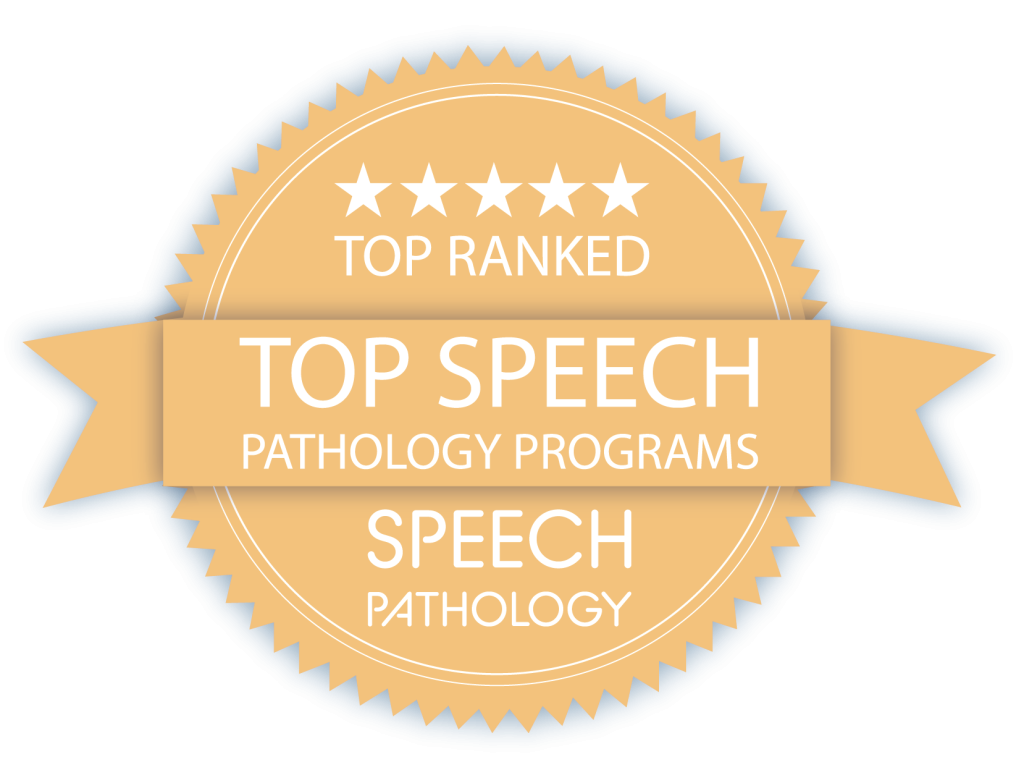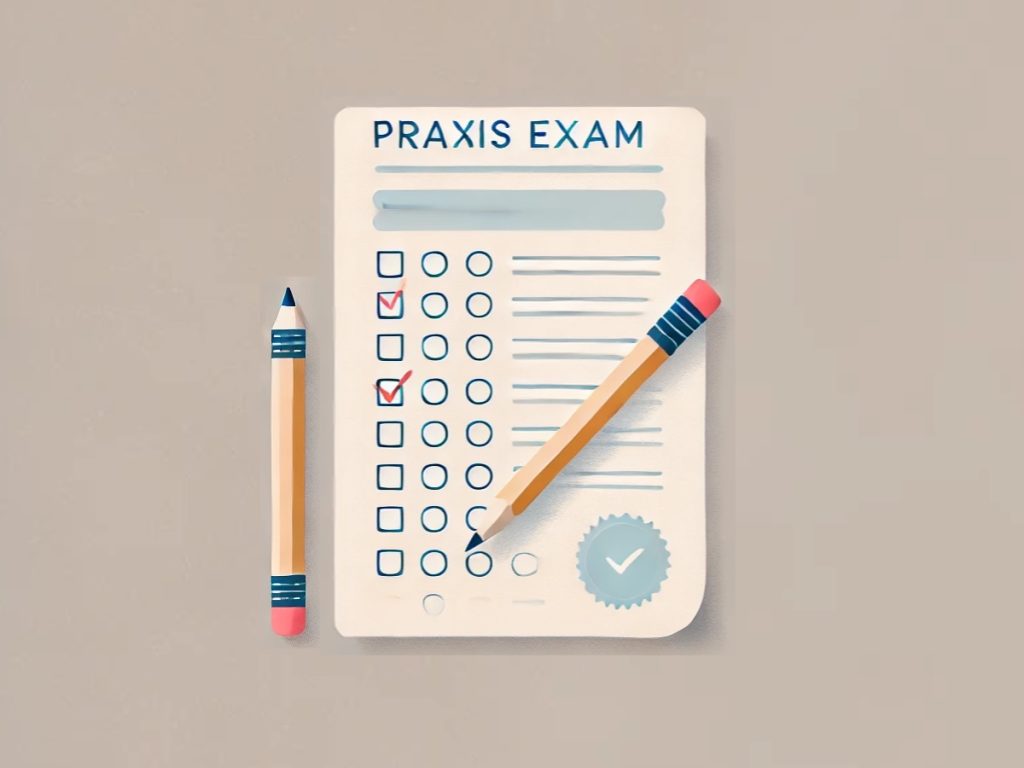Last Updated
April 14, 2025Written By
Elizabeth Monroe, M.S., CCC‑SLPDue to a strong job outlook, competitive salaries and the access to the top tier clinical training, Washington is a fantastic place to pursue a degree in Speech Language Pathology (SLP). The average annual salary for SLPs in the state is approximately $99,550, significantly higher than the national average and still growing in schools, hospitals and private practice.
The University of Washington in Seattle is one of the nation’s most highly regarded speech pathology graduate programs, with research opportunities, clinical specializations, and connections to top medical facilities including Seattle Children’s Hospital. For a more affordable option, Cheney’s Eastern Washington University (EWU) and Bellingham’s Western Washington University (WWU) both provide high quality, accredited master’s programs at lower costs. EWU has a unique accelerated 15-month M.S. program for students who want to work faster. Washington State University (WSU) and EWU join to provide a collaborative master’s program in Spokane, combining the best of both worlds. All programs include practical practicum components and the training needed to apply for licensure and national certification.

Looking for the best speech-language pathology programs in Washington? peechpathology.org ranks top SLP degrees to help you choose the best one for you. Our list highlights programs known for quality, research, and clinical training. We focus on what matters to students and professionals in Washington. Learn how we rank schools at speechpathology.org/rankings-methology.

Seattle, WA - Public 4-Year - washington.edu
Campus Based - Visit Website
The University of Washington-Seattle Campus offers a Doctor of Philosophy (PhD) program in Speech & Hearing Sciences, designed for individuals passionate about advancing research in hearing, speech, or language science. This program stands out for its apprenticeship model, providing students with personalized faculty mentoring and the chance to engage in groundbreaking research. With a curriculum that spans speech, language, hearing, and research methodologies, students are well-prepared for careers in academia, clinical settings, or industry. The program, typically completed in 4-6 years, leverages the university's vast resources and renowned faculty to offer a comprehensive educational experience. 'Requires GRE' for admission, it's a gateway to impactful research and teaching opportunities.
Bellingham, WA - Public 4-Year - wwu.edu
Campus Based - Visit Website
Western Washington University offers a Master of Arts in Speech-Language Pathology, a CAA-accredited program designed for full-time students over two years. This program stands out for its blend of rigorous academic coursework and extensive clinical practica, preparing students for diverse professional settings. Unique to this program is the opportunity for students to engage in research, with chances to present and publish their findings. Clinical training spans a variety of environments, including schools, specialized clinics, and hospitals in Washington and Canada, ensuring graduates are well-prepared for the field. Highlights include mandatory summer sessions and a requirement to complete the program within five years, emphasizing a focused and immersive educational experience.
Cheney, WA - Public 4-Year - ewu.edu
Campus Based - Visit Website
Eastern Washington University offers a Master of Science in Communication Sciences and Disorders, designed for aspiring speech-language pathologists. This campus-based program stands out for its five-semester structure, ensuring students gain over 400 clinical practicum hours across multiple settings. Notably, it boasts a 100% National Praxis Pass Rate and a 92% job placement rate, reflecting its commitment to excellence. With an average cohort GPA of 3.79, the program emphasizes evidence-based practice and requires a thesis or research project. Located in Spokane, WA, it has a January 15 application deadline. Accreditation by the Council on Academic Accreditation underscores its quality. 'Requires GRE' for admission.
In Washington, the first step towards becoming a speech pathologist is earning a bachelor’s degree in Speech-Language Pathology. Bachelor’s degrees in related areas such as Communication Sciences and Disorders (CSD) or Speech and Hearing Sciences are also acceptable. Having a relevant bachelor’s degree will not enable you to practice as a licensed SLP, instead it is used as a stepping stone to advanced study at the graduate level. You can work as a Speech-Language Pathology Assistant (SLPA) if you meet the requirements of practice experience set by Washington. The admissions to these bachelor’s courses are the same as that of any university, i.e. high school diploma, GPA, and prerequisites may apply.
In order to practice as an SLP in Washington state, one must have a master’s degree in speech pathology. Graduate programs provide more in-depth education in the areas of the diagnostic/intervention processes, and clinical aspects of practice. Admission to master’s programs generally require: a bachelor’s degree (in SLP or a related field), a minimum cumulative GPA of 3.0, letters of recommendation, a personal statement, and completion of specified coursework. Applicants will be happy to know that many schools are no longer requiring GRE for admission. It is also important to note that while the minimum GPA allowed is 3.0, programs are generally competitive enough that you will need a higher GPA than that to get accepted.
An SLP master’s degree allows for full licensure and job opportunities in schools, hospitals, private practices, and other settings. It serves as the primary license that enables one to practice independently as an speech-language pathologist in Washington. In other words, the bachelor’s is useful for getting started, but the master’s is necessary to actually get the job.
The PhD in Speech and Hearing Sciences is a research focused degree and is suitable for those planning on teaching at university level, conducting clinical research or informing policy. Washington’s primary option is the University of Washington’s PhD program which provides full funding for most students through teaching or research assistantships. Admissions typically require a master’s degree, research experience, strong academic references and a clear research focus. A doctorate in speech pathology normally takes 4-5 years to complete and leads to careers in academia, research institutions and advanced consulting.
The SLPD (Doctor of Speech-Language Pathology) however, is a clinical doctorate for practicing SLPs who wish to develop their expertise, progress to leadership positions or educate fellow clinicians. There are no SLPD programs offered in-state at the moment, but there are several online speech-language pathology programs from other universities available to Washington residents. These programs are usually part time, 2–3 years in length and are funded by the student themselves. Application requirements include a master’s degree, CCC-SLP certification and clinical experience. An SLPD can enhance the clinical practice and perhaps increase the income in management positions.
In Washington, one has to be licensed by the Washington State Department of Health to practice as a speech-language pathologist (SLP). The process is very similar to the one prevailing across the nation and involves the following: Attaining a master’s or doctoral degree from an accredited program. Engaging in at least 400 clinical hours supervised by clinicians during graduate studies. Taking the Praxis Exam in Speech-Language Pathology. The last CF is to finish a 36-week (or equivalent) clinical fellowship (CF) after graduation.
During the CF, you’ll apply for an Interim Permit, which permits you to practice with supervision until you meet the remaining prerequisites. Once you are done with your fellowship and have sent your Praxis scores, you can then apply for full SLP licensure.
Washington also needs 30 hours of continuing education (CE) every three years to maintain your license, including one hour of infection control. Some CE cycles now have new needs for health equity and cultural competency, so it is wise to remain up to date. Washington is also part of the ASLP-IC interstate compact, which makes it easier for licensed speech pathologists to practice across state lines once the system is fully in place.
SLPs also need to be certified as Educational Staff Associates (ESA) by the Office of Superintendent of Public Instruction (OSPI) to work in public schools. This is a different certification but can be done at the same time or after the state license. There are situations where school-based speech language pathologists may require the ESA credential as opposed to the DOH license.
For those interested in becoming a Speech-Language Pathology Assistant (SLPA), Washington DOH requires either a bachelor’s degree in CSD or an associate degree from a board-approved SLPA program, plus 100 hours of supervised experience. Once certified, SLPAs must work under a licensed SLP and complete the same CE requirement of 30 hours every three years.
Most SLPs in Washington follow the standard path of a 4 year bachelor’s degree, 2 year master’s and 9 month clinical fellowship. But if you are looking to speed things up then there are a few ways to get your accelerated speech pathology degree. At the undergraduate level, four year CSD bachelor’s programs are common, but students can finish so in fewer years by using community college transfer credits, AP/IB classes, or by taking more courses. Some students are able to enter university with enough credits to graduate in 3–3.5 years.
Eastern Washington University (EWU) stands out with a 15 month accelerated master’s program at the graduate study level. It is full time and quite rigid, but it enables the student to complete the course in nearly six months less than the normal programs. Other Washington master’s programs like those at UW, WWU and WSU are also 2 years (including summers). Some schools also provide post-bachelors leveling programs for students without a CSD background, which can be done in less than one year, such as EWU’s 10 month post-bachelors certificate.
Speech-language pathology doctoral programs, of course, take longer. At UW, PhDs are four to five years after the master’s degree, but SLPDs, even though they are not offered in state, can be done online in two to three years throughout state universities. If speed is your priority, Eastern Washington’s accelerated master’s is your best in state option. Together with a good under graduate preparation, and possibly some credits from high school, you can become a licensed SLP in as fast as 5 years.
| School Name | Highlights | Retention & Grad Rates |
|---|---|---|
| University of Washington-Seattle Campus |
|
|
| Western Washington University |
|
|
| Eastern Washington University |
|
|
If affordability is a key concern, Washington has several state universities that keep tuition costs reasonable, particularly for residents of the state.
Eastern Washington University (EWU) is one of the cheapest universities that offers affordable undergraduate SLP programs in Washington; the tuition stands at between $7,500 per year for residents. Western Washington University (WWU) and Washington State University (WSU) also provide communication sciences bachelor’s degree programs, and the tuition fees are usually below $10,000 per year.
The undergraduate tuition fee at the University of Washington (UW) is slightly higher than that of other public universities—approximately $13,000 per year for residents—but the university may have more research opportunities and financial aid. Associate degrees from Washington’s community colleges are much less expensive for SLPAs—for example, the cost is $4,000–$5,000 per year, which makes it one of the cheapest ways to enter the profession.
At the graduate level, EWU still ranks among the cheapest accredited speech patholog master’s programs in the state. The 15-month M.S. program has a cost of $4,200 per quarter, which makes the total tuition about $21,000, a very good price considering the short duration.
WWU also provides another good option of a budget-friendly master’s degree in speech pathology, with tuition of about $12,000 for two years. UW’s master’s program is more costly though – it is $53,000 in total for residents, but it is a member of WICHE’s Western Regional Graduate Program (WRGP), which enables students from certain western states to pay the in-state tuition rate. That makes it more accessible to non-residents and UW also provides some financial aid and assistantships.
| School Name | Highlights | Annual Estimated Tuition & Fees |
|---|---|---|
| University of Washington-Seattle Campus |
|
|
| Eastern Washington University |
|
|
| Western Washington University |
|
|

If you are interested in pursuing a career in SLP and have been researching licensing requirements or are simply interested in learning more about SLP

If you have ever been researching speech-language pathology careers and come across the words ‘speech pathologist’ and ‘speech therapist’, you might wonder if they are

If you are pursuing the position of a speech-language pathologist, then you may have heard of the Praxis exam from your professors, classmates, or even
Our mission is to empower future speech-language pathologists by providing the most accurate, up-to-date, and accessible information available. Our team is dedicated to guiding individuals through the journey of becoming an SLP—whether you’re just exploring the field or actively pursuing a degree. We specialize in delivering reliable insights on state-by-state availability, affordability, and the fastest paths to certification and licensure. Our goal is to help you make informed decisions based on real data, trusted resources, and the evolving needs of the profession. With a strong commitment to educational clarity and career transparency, we’re here to support and simplify your path toward a rewarding future in speech-language pathology.
PLEASE NOTE: The contents of this website is for informational purposes only. All trademarks are the property of their respective trademark holders.